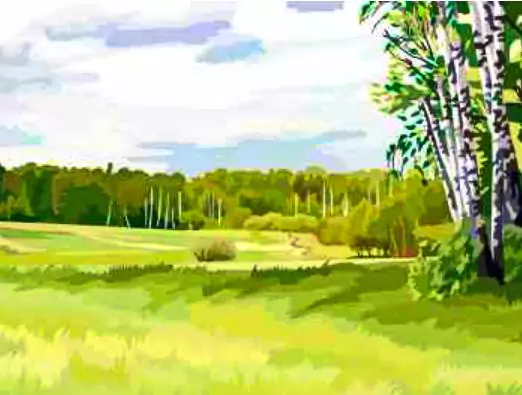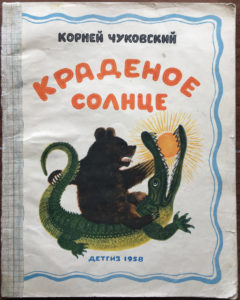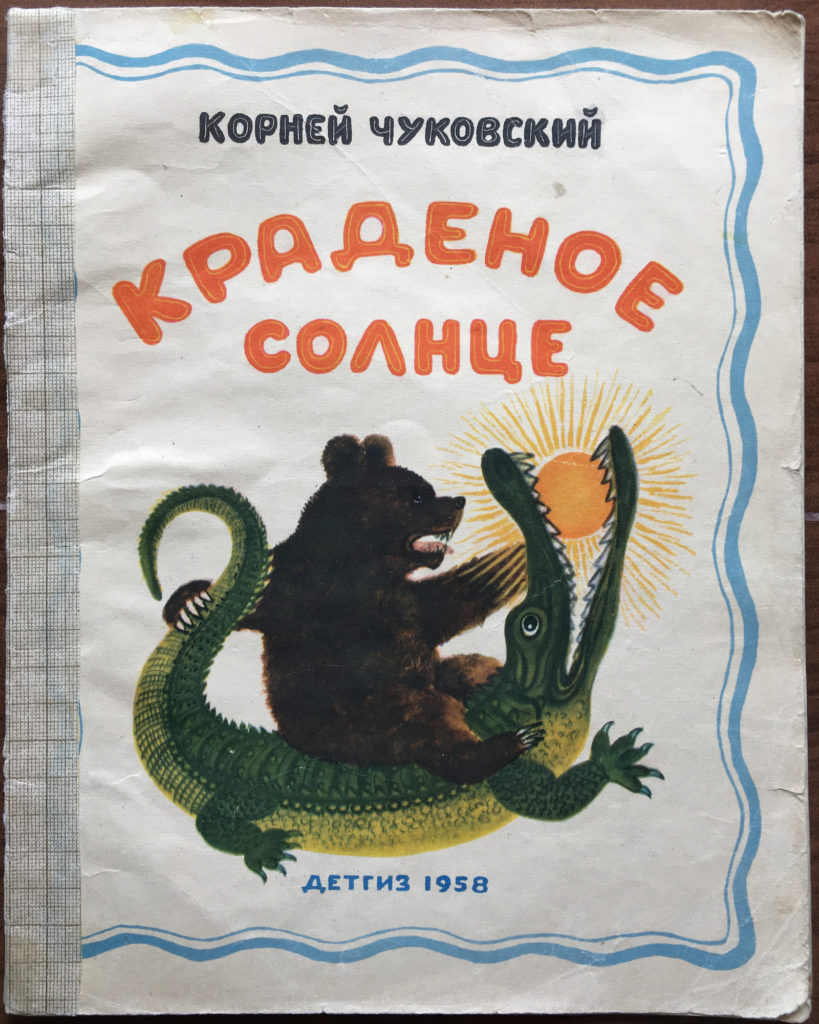The question of learning the Russian alphabet – or Azbuka, as it’s called in Russian – is one that occasionally pops up.
At the first glance, it may appear hard – 33 letters, half of which are unfamiliar or have a different reading from Latin. But that’s only at the first glance. The first-graders in Russia can do it, and so can you! 😁
Enter “Bukvar” – the letter learning book for the afore-mentioned first-graders. Its approach is to present letters not in the alphabetical order, but rather in such a way that new letters can be combined with the ones already learned to build more and more complex words and sentences. That way the learner builds associations between the shapes of the letters and the sounds they make in the words.
A foreign student can draw on most of this methodology. One part of the learning process that will require a work-around is the expected native-speaker fore-knowledge of how certain words sound.
After a very short introduction on the linguistic notation used in the book, one new letter is presented per day, with the explanations of the reading and of the example images used in Bukvar – this will be a great opportunity to learn new words while connecting the new letters to a context.
Should any questions to the materials arise, the readers are welcome to ask them in the chat of our Telegram channel “Beorn And The Shieldmaiden”!
This image covers the symbology. It’s something you can come back to as a reference throughout the book.
Another aspect of learning new letter is writing. Though few of us actually write using a pen nowadays, when learning new letters, writing makes for a good additional venue of memorisation – you start associating hand movements and strokes with the shapes of the letters. Here are two writing templates used by schoolchildren in conjunction with Bukvar’. I managed to find the versions that I myself used in the distant 1980s 😁
Template 1 — Template 2 (the 1985 edition, originally found here)
You can skip over the first 4 pages (they tackle hand coordination and fine motion of writing) and start on page 5, practising the letters as they come.
Another letter recognition aid that I created for this course is the complete alphabet, where each letter is shown using several different typefaces, some closer to the printed version of the letter, and some – to the handwritten one. The images from this aid will be given as we learn each new letter, but you can download the whole set for future reference.
Don’t try to take it in all at once, but rather take one letter per day, and play with it.
And now, imagine, that you have just come to your first day at school – on the 1st of September – and are getting into the learning mood by leafing through the first pages of Bukvar, thinking how wonderful it will be to when you can read all the words…
To help you get into the mood, here are two postcards – from 1956 and 1959 – greeting you on the 1st of September!










